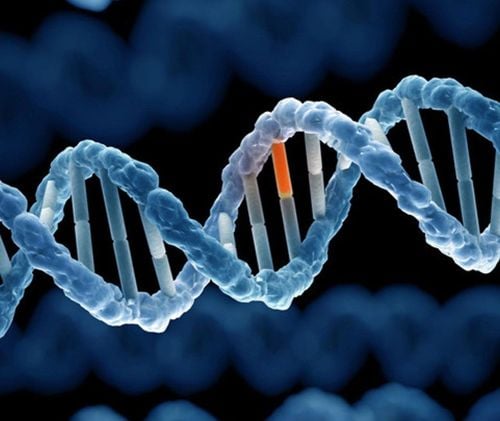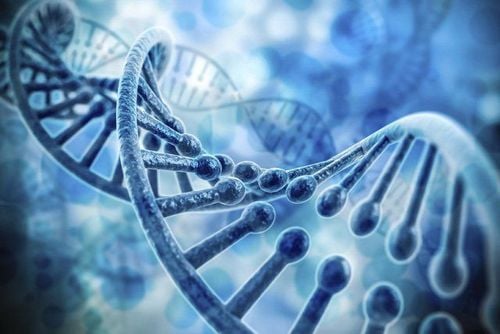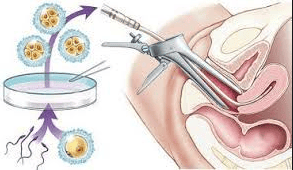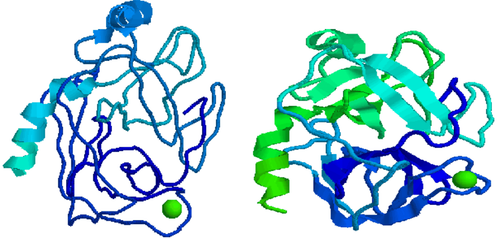This is an automatically translated article.
Gene is the basic physical and functional unit of heredity. The human genome is made up of DNA, some of which act as instructions to make molecules called proteins. However, many genes do not encode proteins. In humans, genes vary in size from a few hundred DNA bases to more than 2 million bases.
1. What are genes?
Gene is the basic physical and functional unit of heredity. Genes are made up of DNA. Some genes act as instructions to make molecules called proteins. However, many genes do not encode proteins. In humans, genes vary in size from a few hundred DNA bases to more than 2 million bases.
Each person has 2 copies of each gene, 1 copy inherited from the father and one copy inherited from the mother. Most genes are the same in everyone, but a small number of genes (less than 1% of the total) differ slightly between people. Alleles are forms of the same gene with slight differences in the sequence of their DNA bases. These small differences contribute to each person's unique physical characteristics.
To facilitate the study of the human genome, scientists give them unique names. Because gene names can be long, genes are also attached to symbols, which are short combinations of letters and sometimes numbers that represent the gene, like an abbreviation. For example, a gene on chromosome 7 that is implicated in cystic fibrosis is called a cystic fibrosis transmembrane conduction regulator; Its symbol is CFTR.
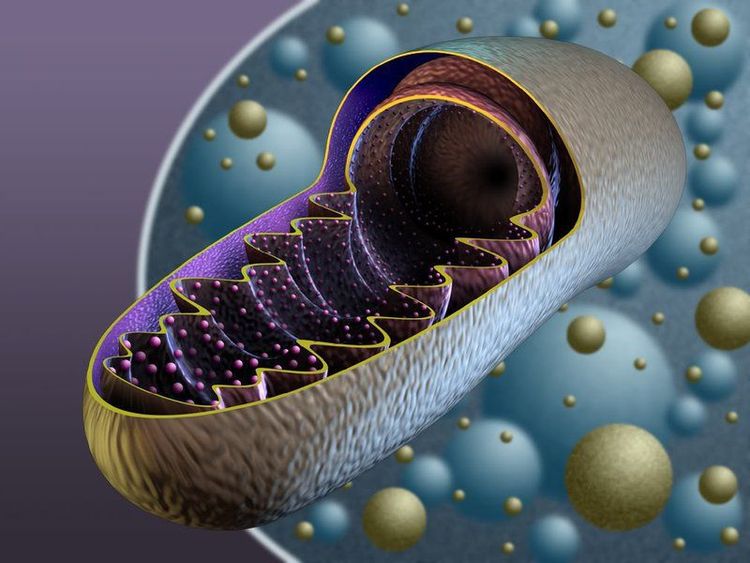
Gen là đơn vị vật lý và chức năng cơ bản của tính di truyền
2. How many genes are in the human body?
An international research effort called the Human Genome Project, which has worked to sequence the human genome and identify the genes it contains, estimates that humans have between 20,000 and 25,000 genes.
The human genome (Homo sapiens) is made up of 23 pairs of chromosomes for a total of about 3 billion DNA base pairs. There are 24 distinct chromosomes in humans: 22 autosomes, plus the sex-determining X and Y chromosomes.
Chromosomes 1 to 22 are numbered approximately in descending order of size. Somatic cells typically have one copy of chromosomes 1-22 from the father and mother, plus one X chromosome from the mother and one X or Y chromosome from the father, for a total of 46.
An estimated 20,000 -25,000 human protein-coding genes. The number of human genes has been repeatedly down-regulated from the original estimate of 100,000 or more as the quality of gene sequencing and genomic methods have improved and the number of genes in the human body has been more accurate. may continue to decrease further.
Please dial HOTLINE for more information or register for an appointment HERE. Download MyVinmec app to make appointments faster and to manage your bookings easily.
References: medlineplus.gov, sciencedaily.com



